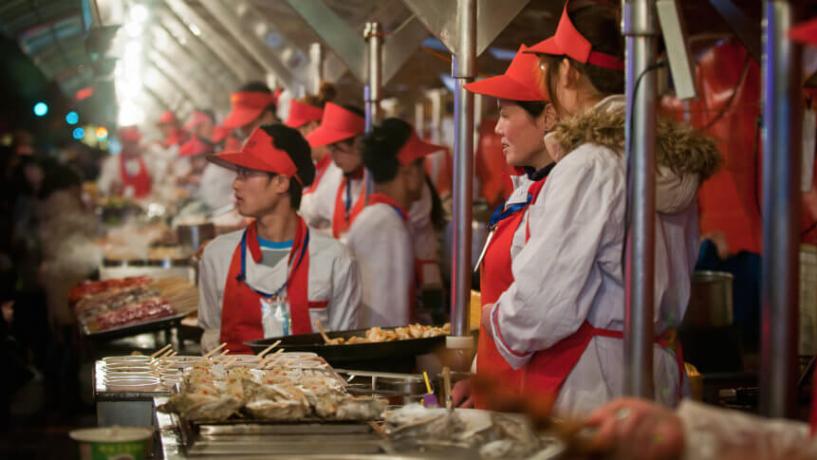
Soon the celebrations for Chinese New Year will be in full swing, prompting the Chinese government to issue food safety warnings that will tone down some of the stranger culinary festivities.
Falling on Thursday the 19th of February this year, Chinese New Year is known throughout the world for its extravagant ceremonies, vibrant festivals, and traditional focus on the representation of each year with a different animal. In recognition of that heritage, citizens of China have been known to indulge in the consumption of strange and relevant foods, such as "rats, snakes and bats."
Curious Cuisine
The food is often seen as “novel” by the locals, but the Chinese food safety authorities have this year urged citizens to stay away from wild animal consumption and avoid going “over the top”.
The relatively common practice of introducing bizarre bites to the dinner table has been going on for some time now, and the Southern Canton province often prepares meals made from rats and snakes. As a result, authorities are urging that everyone, especially those with the highest level of risk (the elderly, children and pregnant women) to bypass these “strange dishes”.
The Government Involvement
In an effort to police this, the Chinese government announced its decision to begin inspections across the country. The hope is that this surveillance will go some way towards reducing the amount of foodborne diseases caused by eating certain foods during the New Year Festival.
It’s fair to say that the concern that the government has placed on the issue is not unreasonable, since a study conducted in 2013 by the Chinese Academy of Science discovered that the SARS (Severe Acute Respiratory Syndrome) outbreak in 2002 was caused by a local bat species. The pandemic was responsible for 800 deaths in total. What’s more, a recent study conducted into the origin of SARS confirmed that bats are the natural hosts of such coronaviruses.
What is SARS?
Severe Acute Respiratory Syndrome is a lung disease that is caused by a recently discovered strain of coronavirus. Generally, the disease presents itself with an exceedingly high body temperature, alongside other symptoms such as confusion, headaches, discomfort and aches. Within seven days, most SARS patients begin to develop increasing shortness of breath and symptoms may worsen with patients developing pneumonia or, in some cases, may die. Those that recover from SARS may suffer from long-term disorders as a result of having contracted the disease.
Staying Safe
The Chinese government suggest that in order to protect themselves and their families from serious and life-threatening diseases this New Year, citizens should stick to “normal” nibbles.




